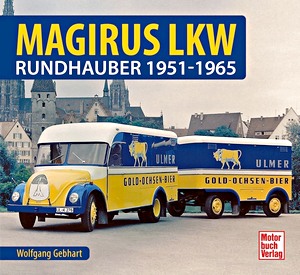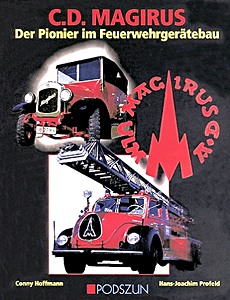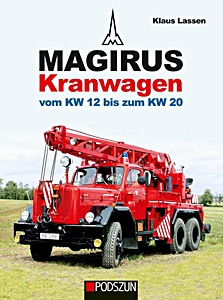Magirus : Histoire des véhicules de pompiers
In 1864, Conrad Dietrich Magirus founded the Feuerwehr-Requisiten-Fabrik von C. D. Magirus. Four years later, he introduced an innovative ladder that impressed firefighters in Germany and abroad, marking the beginning of Magirus ladders' success.
Over the years, Magirus faced many challenges and developed a wide range of fire trucks, with ladders being just one part. Its products were exported to many countries worldwide.
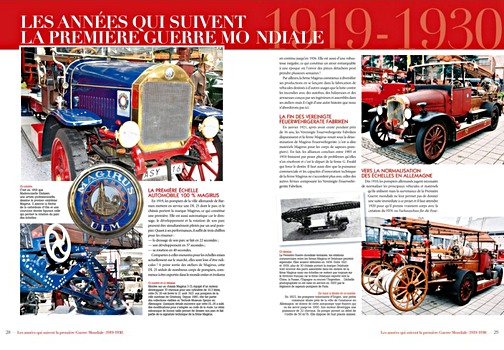
This French book aims to tell the story of this extraordinary industrial saga that spans over 150 years, drawing on an iconography that is as rich as it is varied. Its purpose ends in 2014, the year that saw the Magirus firm celebrate its 150th anniversary.
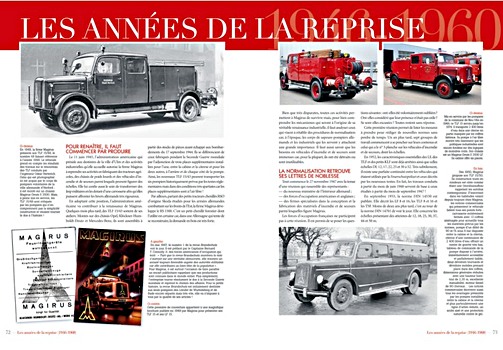
Product details
| Author: | Jean-Francois Schmauch |
|---|---|
| Details: | 208 pages, 12.2 x 9.1 in (31 x 23 cm), hardback |
| Illustrations: | many b&w and color photos |
| Publisher: | Histoire & Collections (F, 2016) |
| ISBN: | 9782352504481 |

Magirus : Histoire des véhicules de pompiers
Language: French
Available on Amazon - safe payment and fast delivery
Buy on Amazon.comBuy on Amazon UK
Buy on Amazon CA

